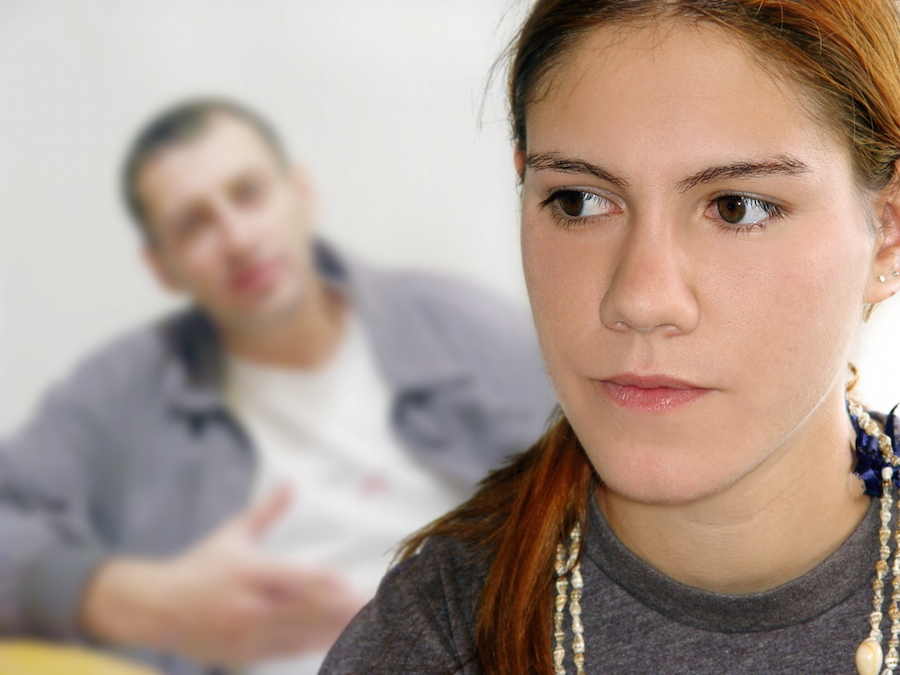How Treating Dual Diagnosis Disorders in Teens Differs from Other Treatments

Two diagnoses occurring at that same time are known collectively as a co-occurring disorder or dual diagnosis. This type of condition is often associated with teens who struggle with both substance abuse disorders and mental health conditions.
Treatment of dual diagnosis disorders in teens differs from treating only one condition.
What is a Dual Diagnosis?
A dual diagnosis is when an individual has an addiction and mental health disorder at the same time. For example, a teenager with a drug addiction may suffer from depression. The two conditions often feed off each other, creating an endless cycle of emotional turmoil. According to the National Institute on Drug Abuse (NIDA), people suffering from mood or anxiety disorders are about twice as likely to have a substance addiction and vice versa.
Which condition comes first can vary. A teenager who doesn’t have any friends at school becomes anxious and lonely, leading to an anxiety disorder. To deal with the anxiety, the teen turns to drugs, which soon becomes an addiction. Drug and alcohol addiction can lead to mental health conditions given the way the substances affect the brain, mood, and behavior.
Teens with drug addiction and a mental health disorder often have overlapping factors, including stress or trauma exposure, brain deficits, and genetic traits. These factors can be addressed with a treatment plan.
Depression, anxiety, schizophrenia, and personality disorders commonly occur with drug and alcohol addiction.
Should One Disorder be Treated First?
The short answer is no. Because a dual diagnosis links two conditions together, they are both treated at the same time, which is called integrative intervention. For an addiction to be treated, the underlying causes also need to be addressed. Likewise, for a mental health condition to be effectively treated, the drug addiction must be confronted. Diagnoses vary according to the individual, so treatment is never one size fits all. However, treatment plans often include one or more of the following:
- Inpatient Treatment: Inpatient treatment facilities provide round-the-clock, holistic care, including medical attention. If a teenager is suffering from a serious addiction to a drug like heroin, they may need to go through detox. People dealing with mental health conditions that make them a danger to themselves or others may also need inpatient care. The advantage of inpatient treatment is that care can be coordinated with multiple professionals, so all the patient’s needs are addressed under one roof.
- Outpatient Treatment: If a teenager’s diagnoses are deemed manageable enough that they can attend school and remain at home, outpatient treatment is a viable option. A treatment plan will encompass both the substance abuse disorder and mental health condition.
- Medication: Various medications can be used to treat addiction, mental health conditions, or both. For safety and effectiveness, coordination of care is important so everyone involved in the treatment of a teen with a dual diagnosis knows what medications the teen has been prescribed. Note that self-medicating often leads to dependency or addiction. It is essential that you seek medical assistance from certified professionals. Never share your medication with anyone.
- Support Groups: After treatment is completed, an aftercare program or a support group is crucial in helping teens on the road to recovery and can help prevent relapse. Teens may attend separate groups for addiction and mental health conditions or a group that targets both.
Treating two diagnoses simultaneously can seem overwhelming, but dealing with dual diagnosis disorders in teens is not a process parents or family members have to go through alone. The experts at Pyramid Healthcare provide specific programs that address the needs of teens struggling with drug and alcohol addiction and mental health conditions. Connect with us today to learn more about how Pyramid can help your loved one overcome this obstacle.



